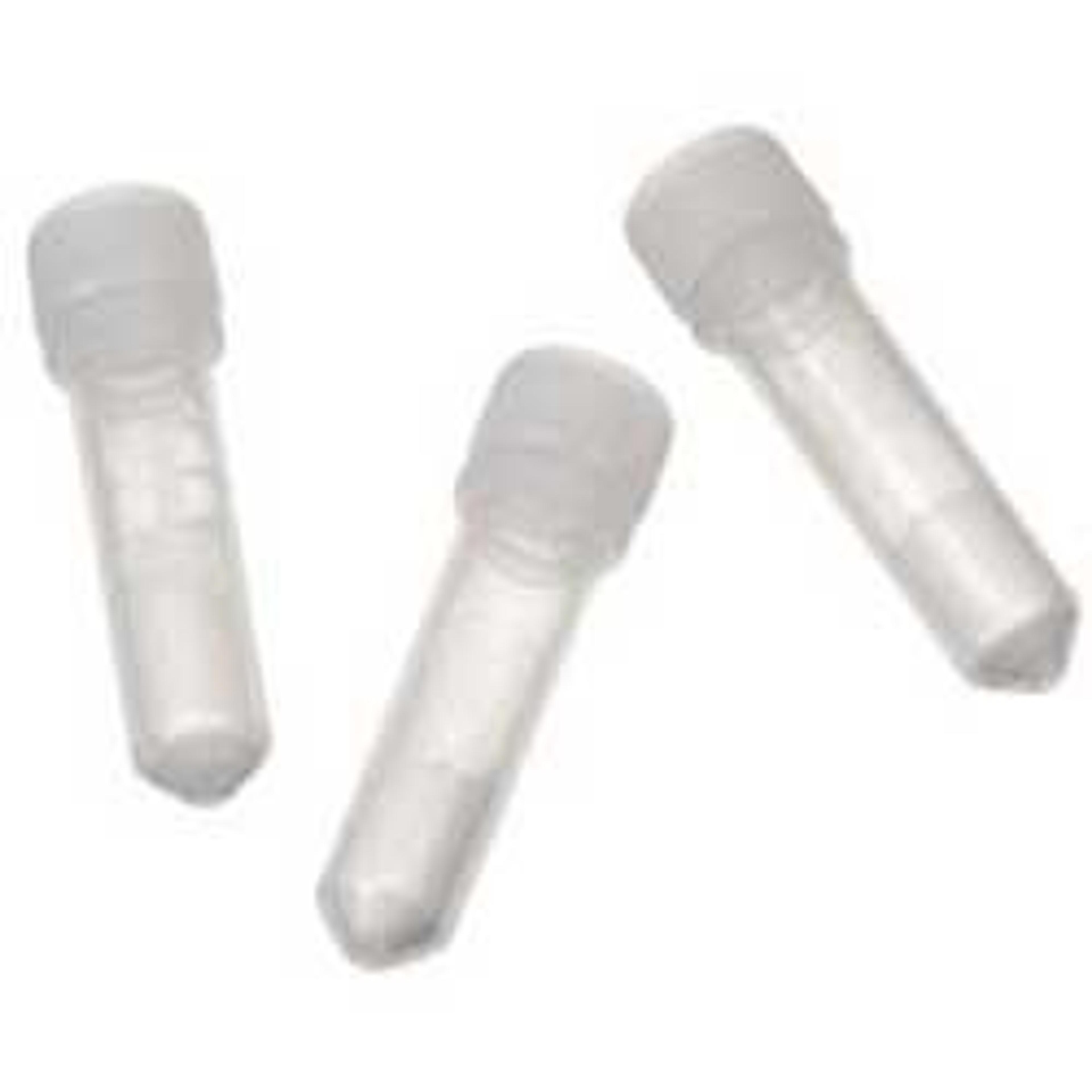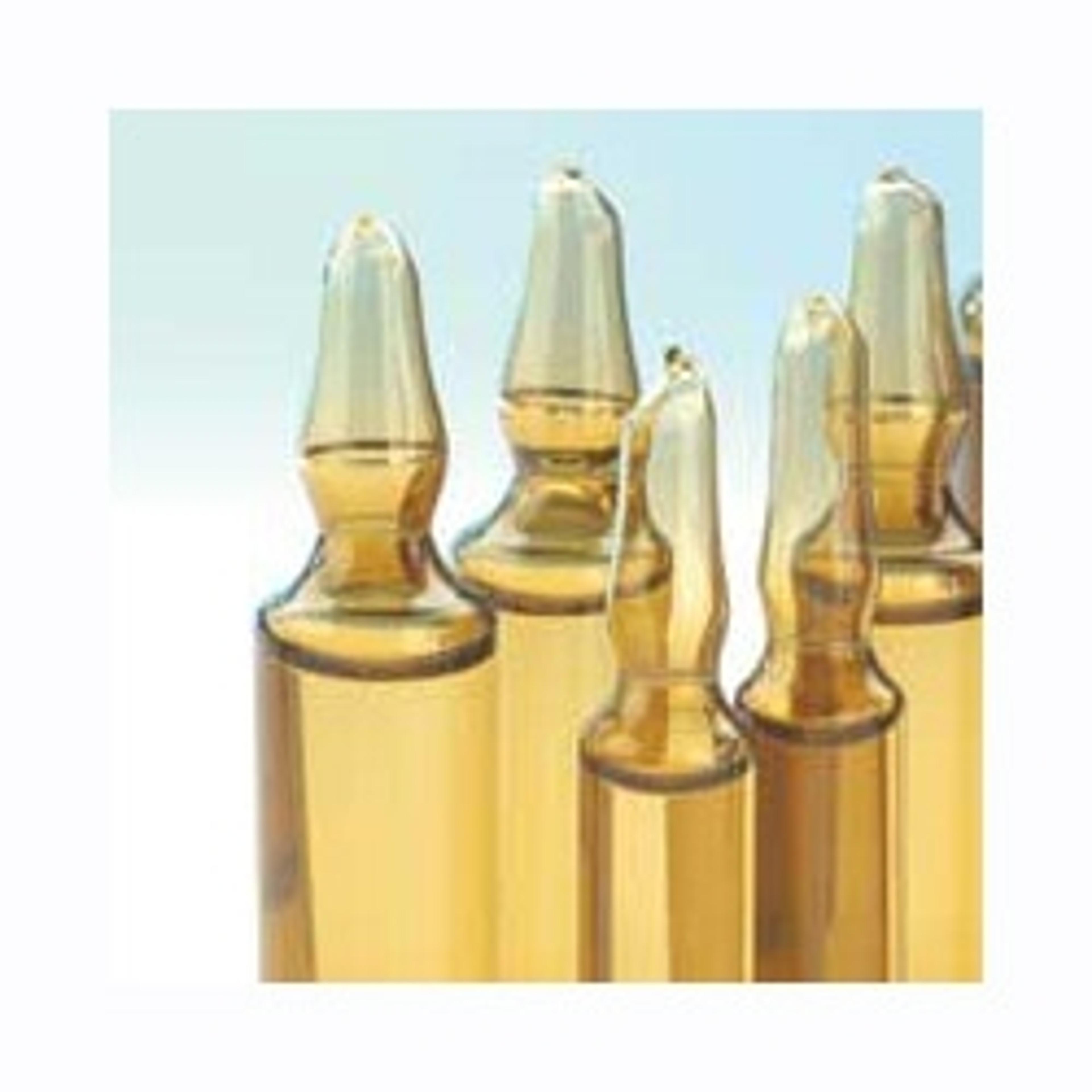Mitigating Matrix Effects: Examination of Dilution, QuEChERS, and Calibration Strategies for LC-MS/MS Analysis of Pesticide Residues in Diverse Food Types
25 Apr 2017Liquid chromatography tandem mass spectrometry is popular for monitoring pesticide residues in food. The increased selectivity and sensitivity of LC-MS/MS have impacted how multi-residue methods are performed, sometimes decreasing the need for rigorous sample preparation. However, this approach suffers from matrix effects causing poor data quality and difficult quantification. Matrix effects can be mitigated by sample preparation that reduces the concentration of co-extracted matrix material or by experimental strategies like matrix-matched calibration that compensate for matrix effects. This white paper considered these two aspects of multi-residue methods, sample preparation and calibration strategies, in order to determine recommendations that balanced data quality as well as time and financial investments.



